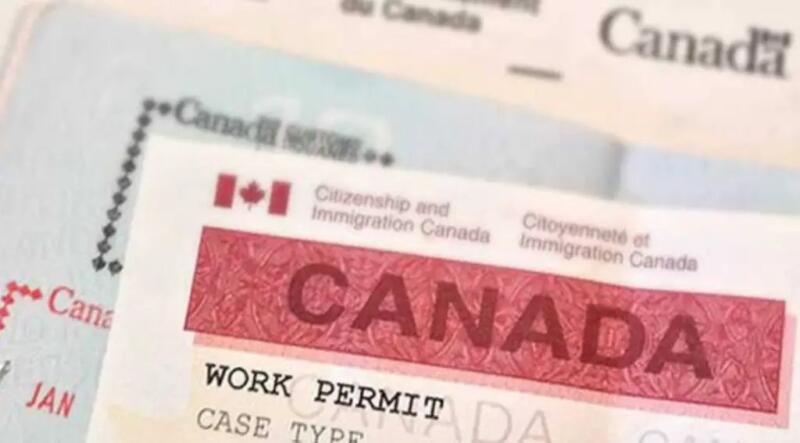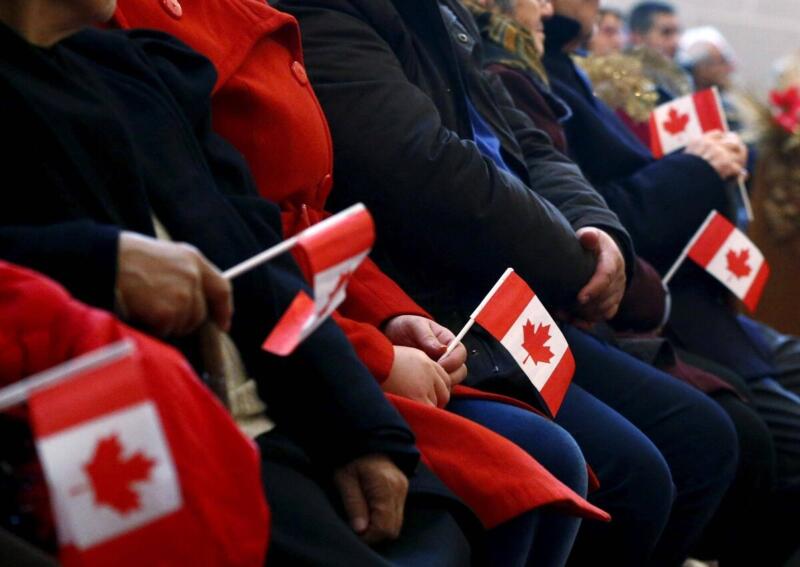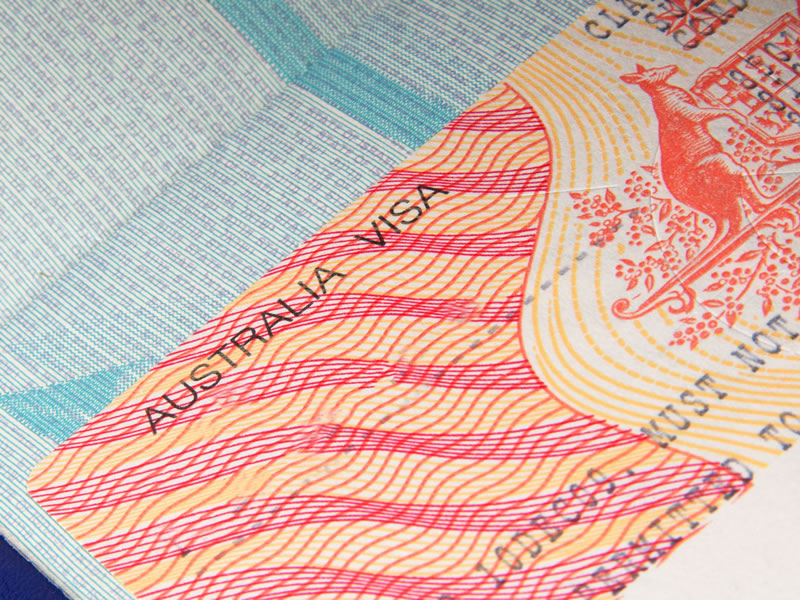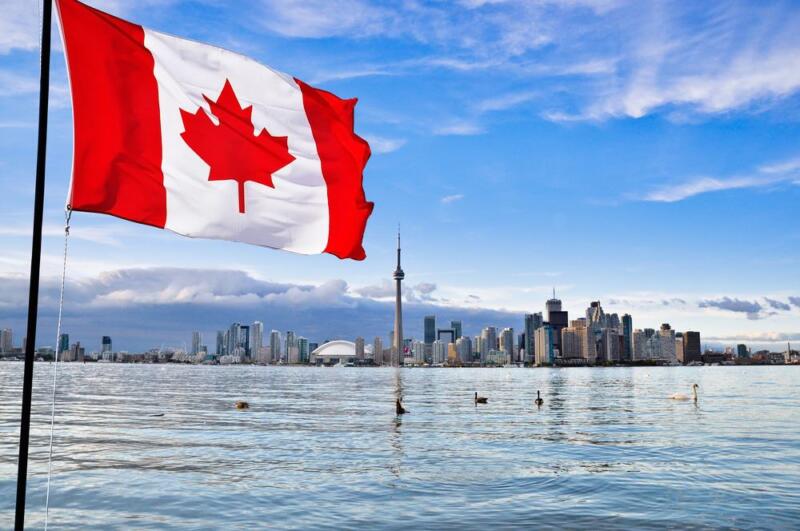On the 22nd of January 2024, IRCC (Immigration, Refugee and Citizenship Canada) notified the public that it is executing modifications to stabilize development and reduce the number of foreign study permits for foreign students in 2024. To accurately match the Post-Graduation Work Permit with this modification, Immigration, Refugee, and Citizenship Canada declared updates to the course qualification measures.
Specifically, beginning in September 2024, foreign students who start a study course that is an aspect of a curriculum licensing agreement will no longer be qualified for a Post-Graduation Work Permit after the conclusion of their studies. Using curriculum licensing agreements, students go to private schools that have been certified to provide the curriculum related to a public institution.
Placed variedly, if a public institution has founded a licensing agreement with a private institution and a student is registered in the private institution, they will be qualified for a Post-Graduation Work Permit. Immigration, Refugee, and Citizenship Canada has clarified that these courses possess less supervision than public institutions, which may be used as a loophole concerning post-graduate work Permit qualification.
It has become highly normal for schools to admit more students than they can host. This, a lot of times, leads to these schools having to withdraw student’s acceptance letters. Canada has made this sensation worse by embracing record-high numbers of foreign students. For instance, in October 2023, 500 students had their admissions provision canceled by Northern College in Ontario. The school stated they have to revoke offers due to the absence of accommodation and employment obtainable for foreign students.
By executing this modification, Immigration, Refugee, and Citizenship Canada plans to ease these occurrences and retain a more regulated and sustainable setting for foreign students in Canada.
Table of Contents
Shorter Graduate-level Courses With Longer Work Permit
Immigration, Refugee, and Citizenship Canada stated that graduates of Master’s and other short graduate-level courses will never be qualified to apply for a three-year work permit. Under the recent measures, a Post-Graduate Work Permit duration is according to the duration of a person’s study program. As master’s courses are often shorter than undergraduate courses, the present measures have restricted the time master’s students or shorter-duration graduate students can work in Canada.
These modifications will permit master’s students to be qualified for a longer work permit, which will offer them a prolonged prospect of obtaining beneficial work skills in Canada. This usually makes it simple for them to become PRs.
Should you find this piece engaging, we kindly invite you to explore the wealth of content in our other articles:
How Post-Graduation Work Permit Functions
A post-graduation work permit is an open work permit that authorizes foreign graduates to get employed by any employer in Canada without demanding an employment offer. The post-graduation work permit is authentic for 36 months; hence, the real duration of each individual’s post-graduation work permit is commonly based on the duration of their study program in Canada.
For instance, if the concluded course was between 8 months and less than 24 months, the post-graduation work permit will be authentic for the same duration. The primary advantage of the post-graduation work permit is that it authorizes foreign graduates to obtain professional employment skills in Canada. This kind of employment skill is beneficial when post-graduation work permit holders go ahead and make an application for PR status.
To be qualified for a post-graduation work permit, foreign students are required to have:
- Concluded studies in the educational, professional, or vocational internship program that is a minimum of eight months term at a qualified DLI
- A study course is required to have results to a degree, diploma, or certificate.
- Handle full-time student status in Canada at the time of every educational session of the course of study and has to do with an aspect of their PGWP application.
- Gained a transcript and a formal letter from the designated learning institution verifying the candidate has fulfilled every condition to conclude their program of study.
The student is required to have also graduated from:
- A public post-secondary school may be a college, a trade or technical college, a university, or a CEGEP for Quebec province.
- A private post-secondary institution in Quebec that functions under the same laws as public institutions in Quebec.
- A private secondary and post-secondary institution in Quebec that provides eligible courses of 900 hours or more and leads to the provision of a diplome d’etudes professionnelles or an attestation de specialization professionnelle.
- Private institutions in Canada can grant programs under provincial rules, for instance, Bachelor’s, Associate, Master’s, or Doctorate programs; however, only if the student is registered in a study course that results in a degree as permitted by the region.
Based on the recent information from November 2023 given to IRCC, 62,410 foreign students who have concluded their studies successfully gained PR in Canada. This placed a well-known increase of 9,670 persons in relation to the 52,740 foreign students who evolved to PR in 2022.






